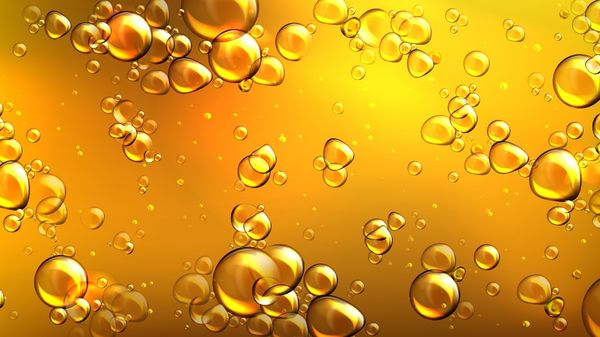

|
Petrol Ofisi launches fuel supply tanker Wolf 1
Turkish bunker supplier adds 1,750-dwt vessel with alternative fuel infrastructure to fleet. |
|
|
|
||

|
BIMCO to convene for adoption of biofuel clause and ETS provisions at February meeting
Documentary Committee to consider new contractual frameworks for alternative fuels and emission trading scheme compliance. |
|
|
|
||

|
Incat Crowther and Switch Maritime develop 150-passenger hydrogen ferry for New York
Design work begins on 28-metre vessel with 720 kg hydrogen capacity and 25-knot speed. |
|
|
|
||

|
HIF Global signs heads of agreement with German eFuel One for 100,000 tonnes of e-methanol annually
Deal covers supply from HIF’s Uruguay project, with e-methanol meeting EU RED III standards. |
|
|
|
||

|
PIL’s LNG-powered vessel makes maiden call at Jordan’s Aqaba port
Kota Odyssey is Pacific International Lines’ first LNG-fuelled ship to call at the Red Sea port. |
|
|
|
||

|
RMK Marine to equip Celsius LNG bunker vessel with gas combustion unit
Turkish shipbuilder adds specialised equipment to support cool-down and gassing-up operations for LNG vessels. |
|
|
|
||

|
Cochin Shipyard signs contract with CMA CGM for six LNG-fuelled container vessels
Indian shipbuilder to construct vessels for French shipping company. |
|
|
|
||

|
Maximising lubricant value | Joe Star, VPS
VPS Strategic Account Manager shares insights from the firm's database of lubricant oil results. |
|
|
|
||

|
IBIA seeks marketing and events coordinator for remote role
International Bunker Industry Association is recruiting for a dual-reporting position supporting global campaigns and event delivery. |
|
|
|
||

|
Arkas Bunker and DB Tarımsal Enerji present Turkish biofuel model at IMO seminar
Turkish firms showcase integrated waste-to-fuel system with ISCC-EU certification at London technical seminar. |
|
|
|
||
| IBIA: 'It would be better to have a more phased introduction' [News & Insights] |
| Kasbar: 'This turns the whole industry upside down' [News & Insights] |
| Global sulphur cap set for 2020 [News & Insights] |
| Secretary-General's speech at MEPC 70 [News & Insights] |
| Presentation of 2020 fuel availability study at MEPC 70 [News & Insights] |
| Scrubbers better for health than HFO ban, says report [News & Insights] |